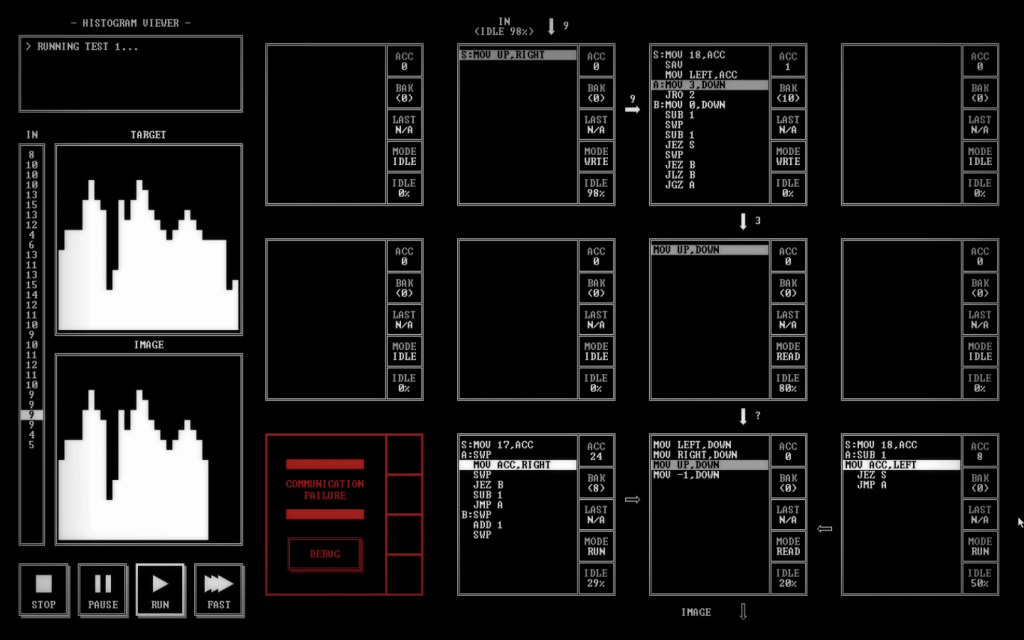Welcome to the Media Lab Doctoral Seminar
TIME: Thursday February 15, 2018, from 16:00–19:00
LOCATION: Aalto University Harald Herlin Learning Centre, Otaniementie 9, Espoo (Otaniemi), 1st floor room 116 (Johanna meeting room).
DOM-L0003 Doctor of Arts at Media Lab Seminar
Responsible teacher: Prof. Lily Díaz-Kommonen
Presentations by: NinFeng Zhang and Francisco Martinez. See abstracts below.
The seminar is open for all. Welcome!
Analogue photo booths in Berlin: A stage, a trap, a condenser and four shots for kissing the person you love
by Francisco Martínez
Abstract: Why do analogue photos still fascinate young people? Why, for some purposes, might vintage technologies be considered more authentic than newer ones? And what is the contribution of old-school photo booths to Berlin as a city? In casting an ethnographic eye on analogue photo booths in Berlin via empirical data (participant observation and 60 interviews with users), this paper makes a case for the continued relevance of analogue technologies and practices in the contemporary digital age. The argument highlights the inconsistencies in the linear theories of media development and social change, thus pointing to a complex co-existence of actual and emerging technologies and practices. In this paper, I will also consider how the relationship between these old-school booths and Berlin is reciprocal, becoming part of the city’s scene, assembling people, displaying and materialising relationships, thereby providing an opportunity to be private in public and functioning as a cultural condenser, which simultaneously benefits from the local idiosyncrasy and contributes to making the city itself a place.
Francisco Martinez, PhD, is a postdoctoral researcher at Aalto University and an associate editor of the Anthropological Journal of European Cultures and of Suomen Antropologi: Journal of the Finnish Anthropological Society. He has edited several books, curated different exhibitions, and has been awarded a dozen of scholarships (including Jean Monnet, Wenner-Gren and CIMO). For five years, he worked as a correspondent in Russia, Germany, Turkey, and Portugal, publishing over 550 articles and participating in 150 television programs. His monograph Remains of the Soviet Past in Estonia. An Anthropology of Forgetting, Repair and Urban Traces will be published in 2018 by UCL Press.
I AM A FAN OF “THE” TOAD:
A historical, epistemological and ecological perspective on the generation mechanism of an Internet youth culture in the context of Chinese Social Media
by Ningfeng Zhang
Abstract: By June 2017, the number of people surfing the internet in China reaches 751 million, and has ranked the top in the world. Among then, the number of the youths occupies the main part. Social subcultural phenomenon is formed in the youth stage. And one of the most influential subcultural phenomenon is the “Toad Worship Culture”.
“Toad-worship” culture is a contemporary youth subculture that prevails within Chinese social media. The feature of this youth subculture is that young Chinese internet users poked fun, through a series of self-created visual memes, at Jiang’s heavy black-rimmed rectangular glasses and his high-waisted trousers. They also mocked his clumsy language and sometimes uncouth behavior at official functions. They even gave him a nickname in Chinese, namely “Ha Ma” (蛤蟆), which is “toad” in English based on his purportedly features including his big nostrils and huge mouth. All these mockeries made Jiang Zemin one of the biggest and most influential funny icons among young Chinese internet users and social media players. Though facing the pressure from the governmental censorship based on the mandatory social and cultural conformity that is consistent with Marxist-Leninist-Maoist dogma, numerous visual memes featuring Jiang’s image and his quotes have still been created and successfully mediated mostly in social media by young Chinese internet users since 2014. This kind of visual memes soon prevail among liberal-minded Chinese people in almost all kinds of social media in China. Most importantly, the birth and prosperity of “Toad-worship” culture has encouraged the birth of other series of its ramifications in different genres, and using visual memes in Chinese social media becomes a rather fixed “social habit” among Chinese internet users.
My research will use this specific cultural phenomenon as a case, to further then study the dynamics of its generation mechanism as a living organism in the context of Chinese social media. I am aiming form a historical, epistemological and ecological perspective to interpret this cultural phenomenon. And three questions will be answered by applying mixed-methods.
- How has visual memes, as a form of visual cultural paradigm been hierarchically determined as “mainstream” or “subculture” in China in terms of visual language and visual rhetoric? (historical review, visual content analysis and semiotic studies)
- A network study concerning the existing components, their intrinsic features, and how they interact with each other, in order to draw a pattern of the symbiotic relationship among components (visual ethnographic methods: participant observation and interview)
- what kind of societal value it reflects in China and what is its ethical and moral significance for Chinese media, social and political environment? (interview)
Ningfeng Zhang, MA (art and design), from P.R. China. First year doctoral candidate at Aalto University, School of Arts, Design and Architecture in the Department of Media.


 Yannick Rochat is a junior lecturer at the faculty of arts of the University of Lausanne (UNIL). He owns a MSc in mathematics and a PhD in mathematics applied to humanities and social sciences. His fields of study are digital humanities, new media and game studies. He is an occasional contributor to Swiss newspaper Le Temps.
Yannick Rochat is a junior lecturer at the faculty of arts of the University of Lausanne (UNIL). He owns a MSc in mathematics and a PhD in mathematics applied to humanities and social sciences. His fields of study are digital humanities, new media and game studies. He is an occasional contributor to Swiss newspaper Le Temps.